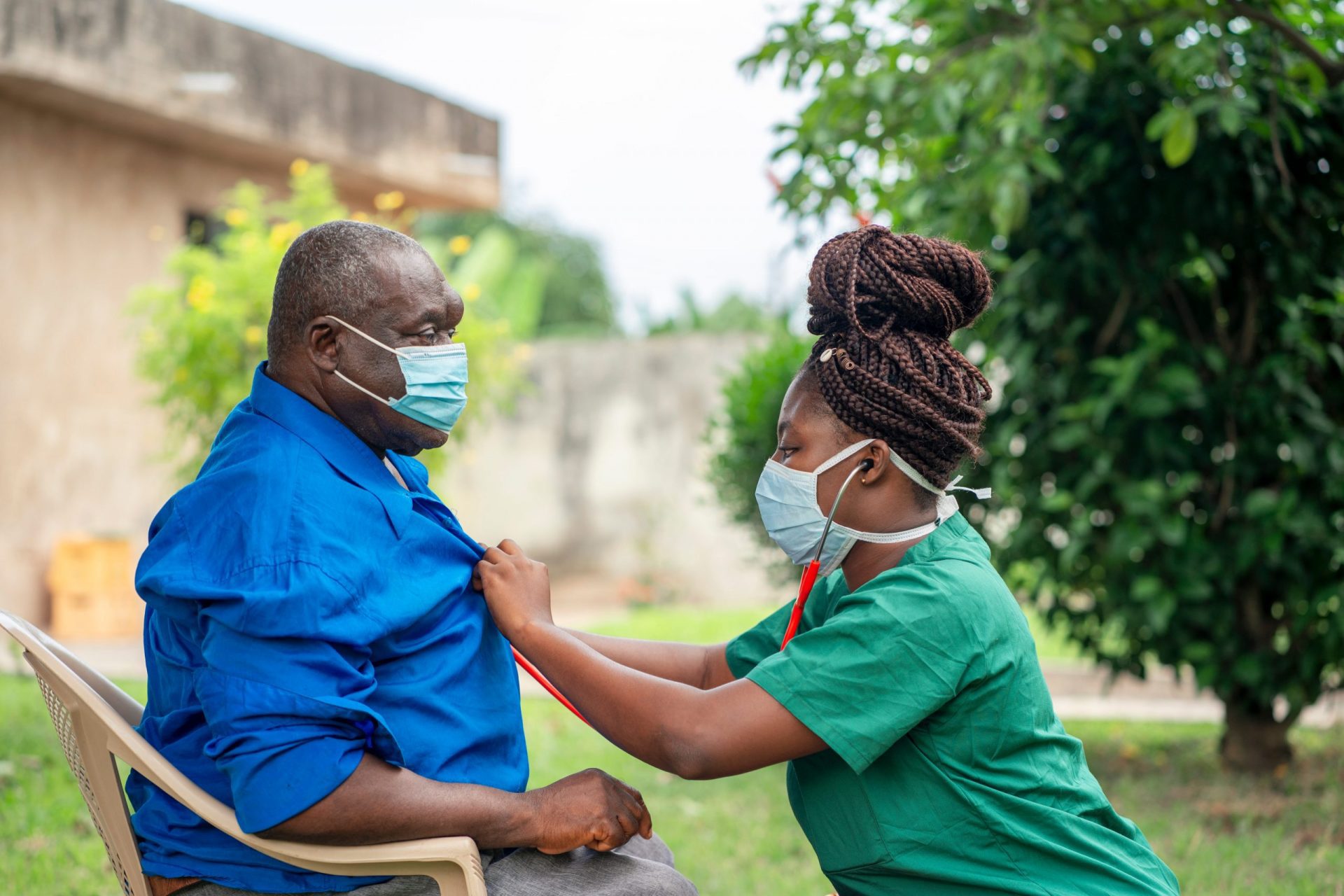Early detection remains crucial in successfully treating cancer. While many symptoms may have benign causes, medical professionals emphasize the importance of understanding and monitoring certain body changes that could indicate developing cancer. Knowledge of these warning signs empowers individuals to seek timely medical attention when needed.
Unexplained physical changes
Sudden weight fluctuations without lifestyle changes often signal underlying health issues. A loss exceeding 10 pounds without diet or exercise changes warrants medical attention. This unexplained weight loss commonly occurs with pancreatic, stomach, and lung cancers as the body diverts energy to fight the disease.
Persistent pain without clear cause deserves investigation. While occasional aches are normal, ongoing pain, particularly in bones or specific organs, might indicate growing tumors or cancer affecting nerve tissues. The pain often feels different from typical injuries and doesn’t respond to standard treatments.
Visible body changes
Skin changes provide important early warning signs. Watch for:
- New moles or changes in existing ones
- Unusual spots or sores that don’t heal
- Changes in skin texture or color
- Unexplained bruising or bleeding
These changes might indicate melanoma or other skin cancers. Regular skin checks help track concerning developments requiring medical evaluation.
Digestive and elimination changes
Persistent changes in bowel or bladder habits often signal potential issues. Warning signs include:
- Ongoing constipation or diarrhea
- Blood in stool
- Frequent urination
- Difficulty swallowing
- Persistent indigestion
While these symptoms commonly relate to benign conditions, their persistence or combination with other symptoms warrants medical attention. Colon, bladder, and stomach cancers often first manifest through digestive changes.
Respiratory concerns
Breathing changes and persistent cough require attention, particularly when:
- Cough lasts several weeks
- Voice becomes consistently hoarse
- Breathing feels labored
- Coughing produces blood
- Chest pain accompanies breathing
Lung cancer often presents initially through respiratory symptoms. Early investigation of persistent breathing issues enables faster intervention if cancer is present.
Energy and immunity
Chronic fatigue and frequent infections might indicate underlying cancer, particularly affecting blood cells or immune system. Pay attention to:
- Exhaustion that rest doesn’t improve
- Recurring infections or fevers
- Night sweats
- Persistent weakness
- Unexplained pale appearance
These symptoms often indicate the body fighting illness, potentially including blood cancers like leukemia or lymphoma.
Physical masses
Any new lumps or swellings deserve medical evaluation. While many prove benign, early detection of concerning masses improves treatment outcomes. Watch for:
- Breast lumps or changes
- Swollen lymph nodes
- Unusual swellings anywhere in body
- Hard masses under skin
- Testicular changes
Professional examination can determine whether masses require further investigation through imaging or biopsy.
Taking action
- When experiencing concerning symptoms:
- Schedule prompt medical evaluation
- Document symptom patterns and duration
- Report all changes, even if seemingly minor
- Follow through with recommended testing
- Maintain regular health screenings
Risk management
- Reduce cancer risk through lifestyle choices:
- Maintain healthy weight through diet and exercise
- Avoid tobacco products
- Limit alcohol consumption
- Protect skin from excessive sun exposure
- Stay current with recommended health screenings
Understanding urgency
While not every symptom indicates cancer, certain combinations or persistent issues require timely medical attention. Warning signs that particularly warrant urgent evaluation:
Multiple symptoms occurring together Symptoms that worsen over time Changes that interfere with daily activities Unusual pain or discomfort Visible body changes
Early detection dramatically improves cancer treatment outcomes. Understanding these warning signs helps individuals make informed decisions about seeking medical care. Regular health monitoring and prompt attention to concerning changes provide the best protection against advanced cancer development.
Remember: While these symptoms can indicate cancer, they frequently have less serious causes. The key lies in proper medical evaluation to determine their source and appropriate treatment. Never hesitate to discuss health changes with medical professionals who can properly assess your situation.
This story was created using AI technology.











